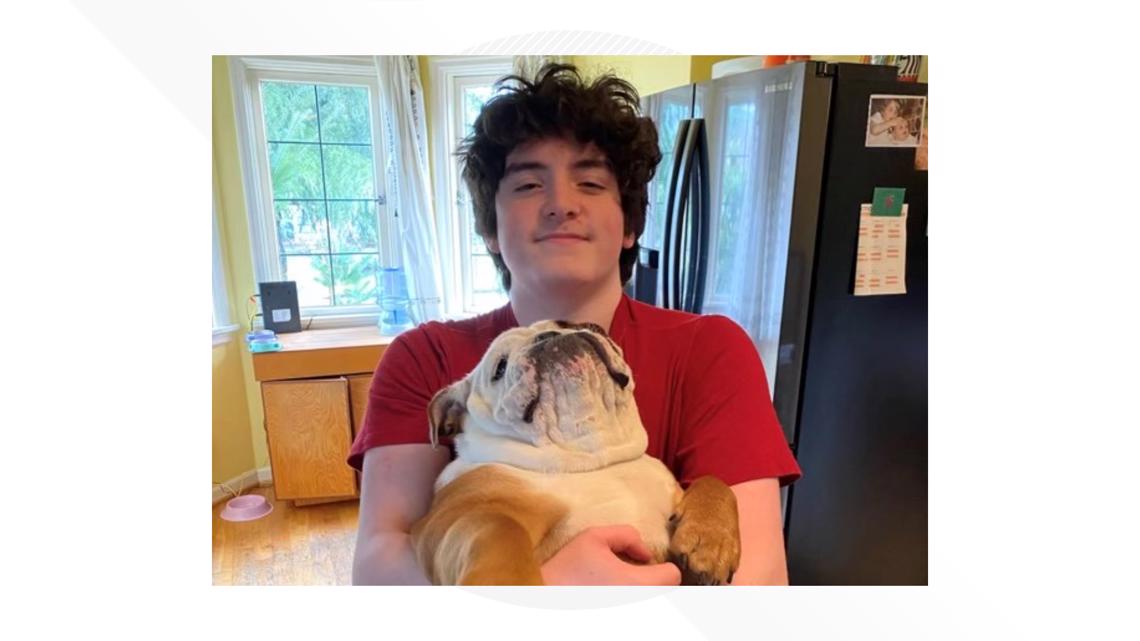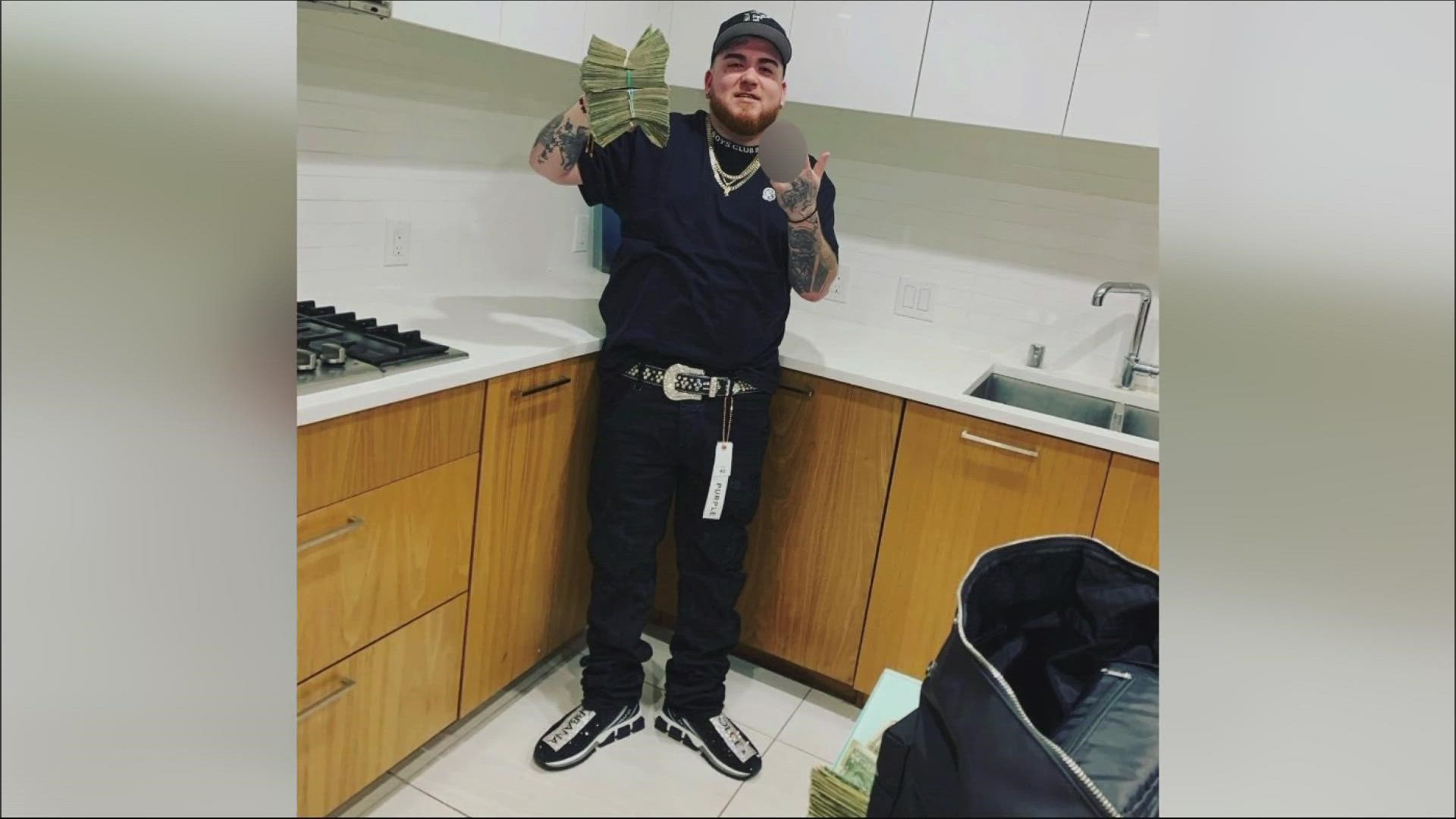PORTLAND, Ore. — A U.S. federal judge Tuesday afternoon ordered the 24-year-old suspected drug trafficker charged in connection with the fentanyl death of a Portland high school student to remain in jail pending his trial.
In a brief video hearing that lasted just over 15 minutes, the judge ruled that he could not see conditions for Manuel Antonio Souza Espinoza’s release that would ensure the safety of the community.
Espinoza faces a number of federal charges which include conspiracy to distribute and possess with intent to distribute fentanyl, resulting in death.
Prosecutors allege he was the third-level drug dealer selling counterfeit and fatal prescription pills that were eventually purchased by 16-year-old Griffin Hoffmann, a sophomore and tennis star at Northeast Portland’s McDaniel High School.
Griffin died in early March.


Espinoza was arrested at the end of March near Portland International Airport with the help of what court records called a “cooperating defendant.”
Court documents refer to Espinoza as a “merchant of death.”
Griffin’s mother, Kerry Cohen called the decision by Magistrate Judge Andrew D. Hallman to keep Espinoza in custody a “relief.”
During the hearing, she briefly addressed the judge directly:
“[Griffin is] not just a victim,” Cohen said, also speaking for Griffin’s father, Michael Hoffmann.
“For us, he was and will always be our precious child who lost a chance to live his life because of this man who killed him,” Cohen said.
Assistant U.S. Attorney Scott Kerin argued against Espinoza’s release, saying it would amount to “risking additional deaths.”
“This is not a small time drug dealer,” Kerin said. “He is a big-time drug dealer and he is a danger to this community.”
Criminal defense lawyer Larry Roloff asked the judge to release Espinoza into a residential drug treatment program and said when the defendant completed the treatment, the parties could return to court to determine next steps.
Cohen told the judge: “For us, the idea of this man’s drug treatment is utterly irrelevant to the fact that he carelessly, thoughtlessly, but knowingly sold poison — not drugs, but poison that killed our son.”
In his decision, Hallman indicated a residential drug treatment facility would not be secure, and that Espinoza, of Vancouver, would have access to treatment while in custody.
If convicted, Espinoza faces a mandatory minimum of 20 years in prison and a maximum of life imprisonment.
His next court appearance is scheduled for September.

